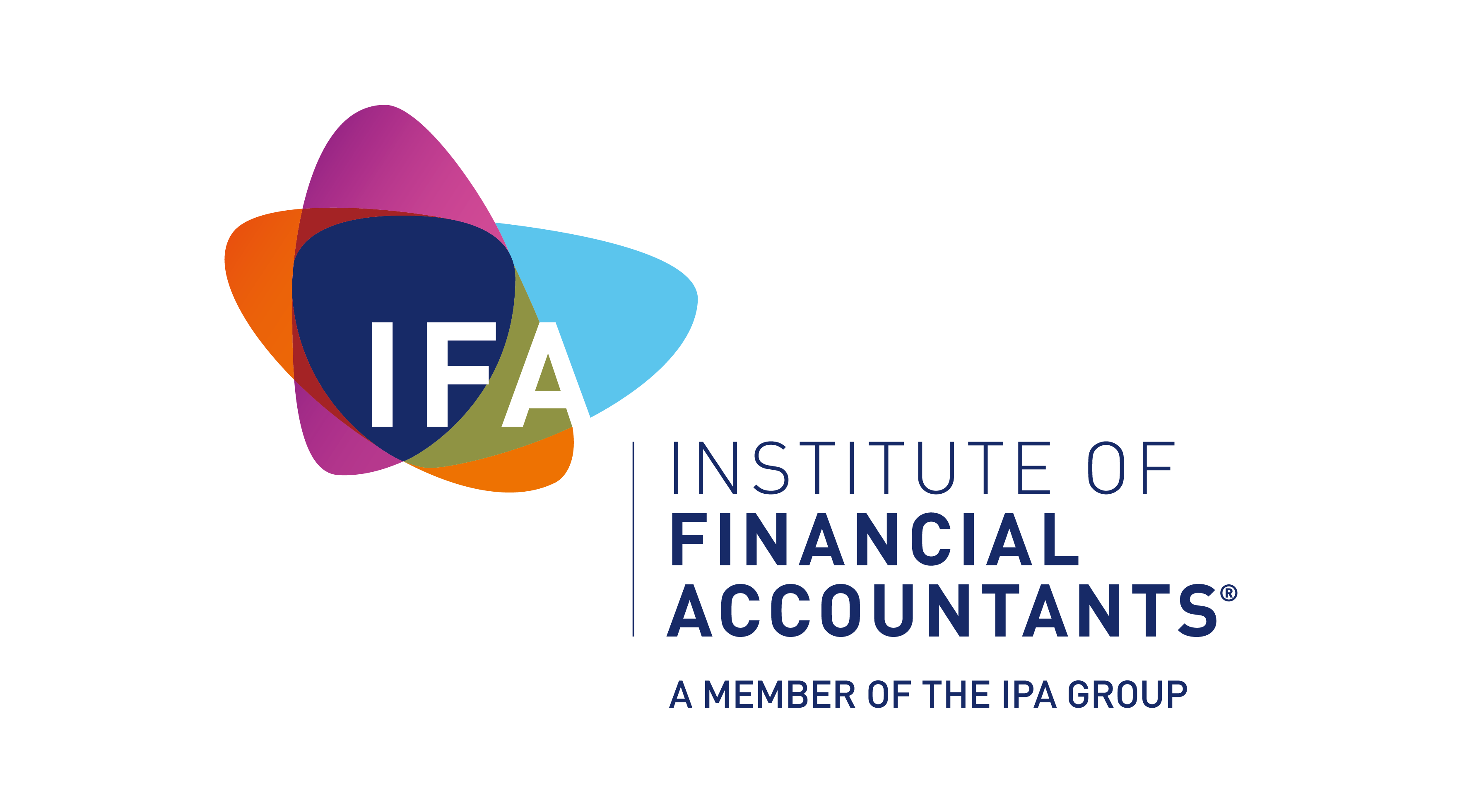IFA supports Economic Crime Plan
The Institute of Financial Accountants (IFA) fully support the new Economic Crime Plan published on 12 July.
The plan, agreed between the Chancellor Philip Hammond, Home Secretary Sajid Javid, and heads of law enforcement, major financial institutions and legal, accountancy and property organisations, sets out its seven strategic priorities to combat economic crime in the UK:
- Understanding the Threat and Performance Metrics
- Better Information-Sharing
- Powers, Procedures and Tools
- Enhanced Capabilities
- Risk-Based Supervision and Risk Management
- Transparency of Ownership
- International Strategy
- Governance and the public-private partnership
“As a professional accountancy body and supervisory body for anti-money laundering the IFA welcomes and fully supports the strategic priorities that have been set out to overhaul the approach to tackling economic crime” said John Edwards, CEO of the IFA.
Organised crime will search out Professional enablers (i.e. those able to offer a professional money laundering service) and money launderers to facilitate crimes. Professionals, can be complicit or targeted, often required to open doors and provide services such as signing off transactions and moving client money; services which are not always knowingly criminal actions, but which can facilitate organised criminality.
Money launderers are needed by criminal groups to launder the proceeds obtained from their criminality. As the methods available to the launderer increase the aspect of investigation and prosecution become more difficult. This difficulty increases as criminal groups look to laundering criminal property through anything from cash-based to trade-based money laundering initiatives; or entering into the cyber world and developing ways to commit further offences and exploit the growth of Crypto Currencies.
“Risk-based supervision and risk management is one of the key priorities in the plan which we believe is central to the prevention of economic crime. The IFA has and will continue to develop its intelligence in this area as it will enable our member firms and the IFA, as a supervisory body, to educate and support our members and to focus our efforts and resources where the risks are highest, creating a robust regime” said John Edwards.
